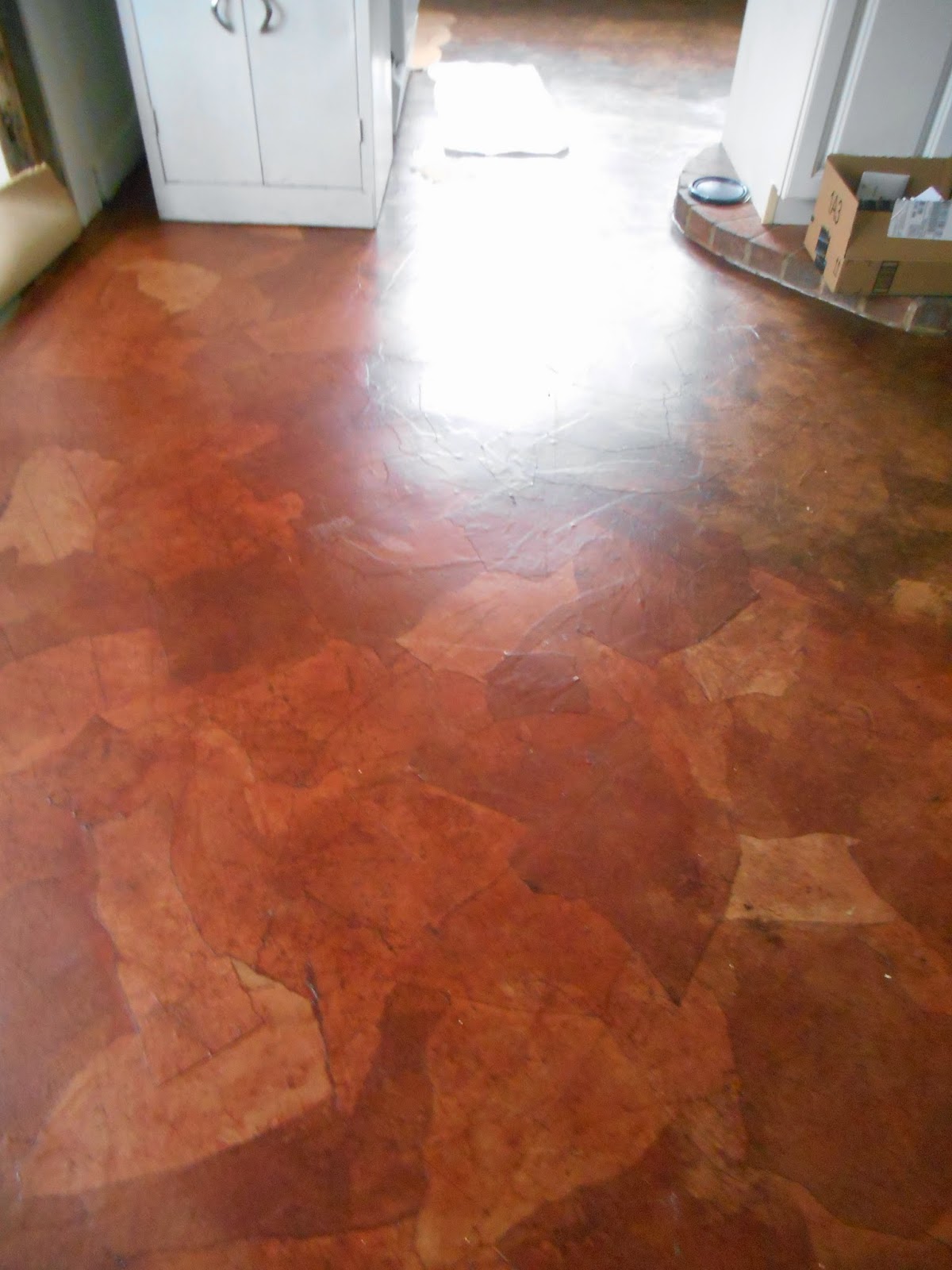Chapter 1b draft: Life at Sea
Two weeks ago, I had been alternating between jobs as a sternman on a lobster boat. In one position, I was opening lobster traps, pulling out lobsters to put into a keeper's tank or throwing others back into the ocean, throwing various sized and species of crabs, sponges, or sea-squirts back into the ocean, or perhaps small sharks called dogfish, then passing on a trap to a stern-mate, and then finally banding keeper lobsters--those big enough to pass as mature-enough lobsters to sell to eat. In the second position, I received an open trap, strung dead fish on a bait line in the trap, closed the trap, and swung the 90 plus pound trap onto a table-like contraption in the stern of a boat, in a certain configuration. We wanted a string of four, or seven or eight traps, when the captain was ready to set a line of traps, to slide off the back of the boat in an orderly way without all the ropes getting entangled.
My captain had started using five-foot traps, whose weight is of less issue than their length, since swinging 90 compact pounds is a lot easier than swinging 90 pounds spread out over five feet. I had to slide and swing and inch the five-foot long traps as if I were moving a cadaver--all dead weight. Being only five-feet five inches tall and 120 lbs, it wasn't as if I could "throw my weight" into a five foot trap.
I had to stop this work, but not because I wanted to. One might imagine that the work sounds like, in its repetitive nature, working on an assembly line, such as I once worked for a few weeks for a tea company--receiving boxes of tea, packing them in larger boxes, and making sure the boxes were taped up properly. But, despite repetition, life at sea is absolutely nothing like working for Tetley or Lipton or any other tea company manufacturing plant. I may have sung Irish ballads in both instances, but after that, comparisons stop. In a factory, as I recall working in a factory, there is no day or night. There is no wind. There are no swells of sea. There are no porpoises appearing out of nowhere, their fins dancing out of the waves like well-placed but unexpected commas, nor are there the colors and textures of dreams. Strange and wonderful forms do not arrive on an assembly line, since there is no assembly line, but one string of traps after the next, each set in a slightly different environment of sea.
Life at sea is also fundamentally more dangerous, if for those who have grown up at sea and may not feel the danger inherently, just far more joyously fascinating than working any factory or office job out there.
Getting up for work at 4:30 a.m.isn't that hard, after all. Then there's an afternoon to do something else.
My captain had started using five-foot traps, whose weight is of less issue than their length, since swinging 90 compact pounds is a lot easier than swinging 90 pounds spread out over five feet. I had to slide and swing and inch the five-foot long traps as if I were moving a cadaver--all dead weight. Being only five-feet five inches tall and 120 lbs, it wasn't as if I could "throw my weight" into a five foot trap.
I had to stop this work, but not because I wanted to. One might imagine that the work sounds like, in its repetitive nature, working on an assembly line, such as I once worked for a few weeks for a tea company--receiving boxes of tea, packing them in larger boxes, and making sure the boxes were taped up properly. But, despite repetition, life at sea is absolutely nothing like working for Tetley or Lipton or any other tea company manufacturing plant. I may have sung Irish ballads in both instances, but after that, comparisons stop. In a factory, as I recall working in a factory, there is no day or night. There is no wind. There are no swells of sea. There are no porpoises appearing out of nowhere, their fins dancing out of the waves like well-placed but unexpected commas, nor are there the colors and textures of dreams. Strange and wonderful forms do not arrive on an assembly line, since there is no assembly line, but one string of traps after the next, each set in a slightly different environment of sea.
Life at sea is also fundamentally more dangerous, if for those who have grown up at sea and may not feel the danger inherently, just far more joyously fascinating than working any factory or office job out there.
Getting up for work at 4:30 a.m.isn't that hard, after all. Then there's an afternoon to do something else.

Comments